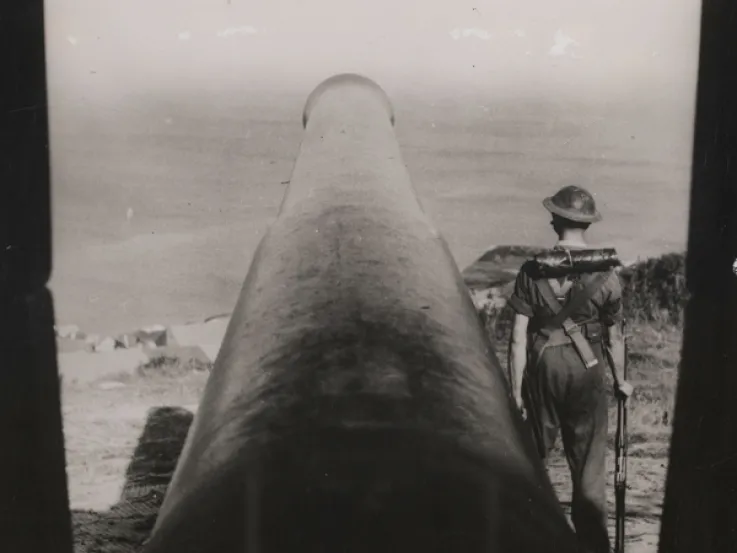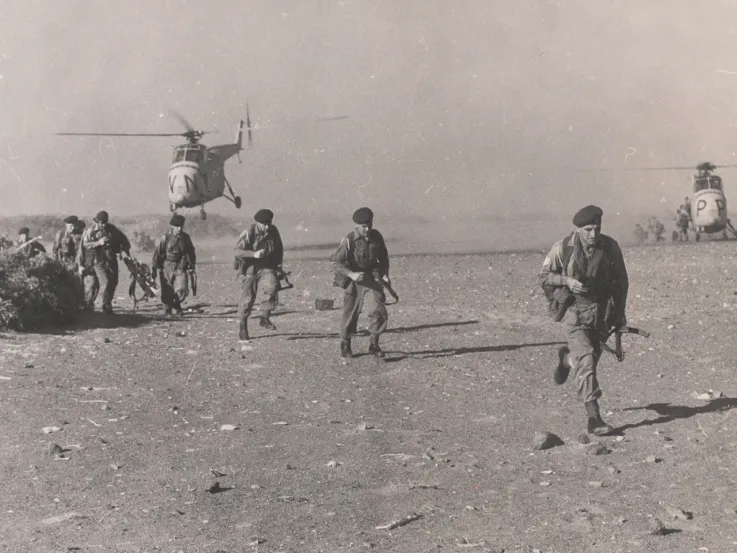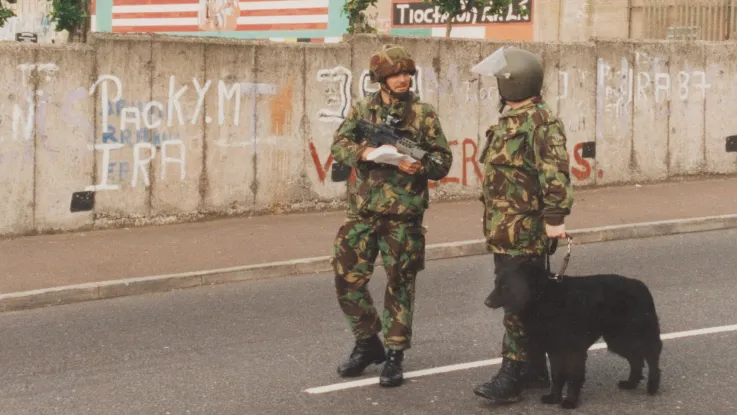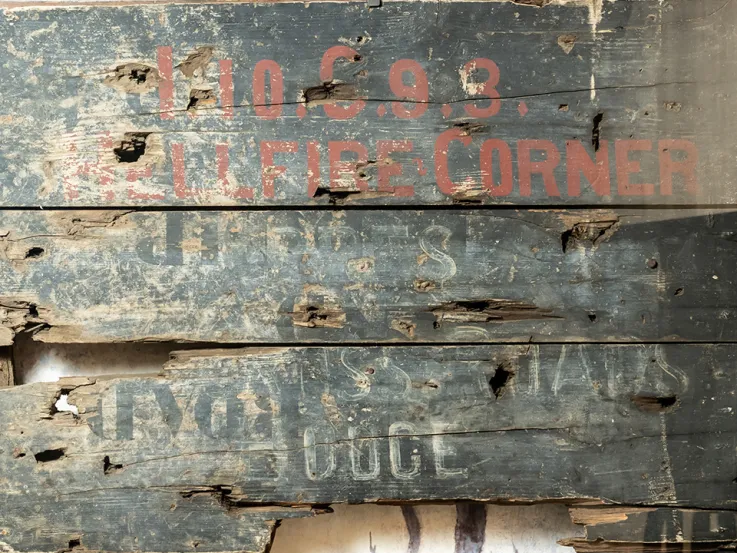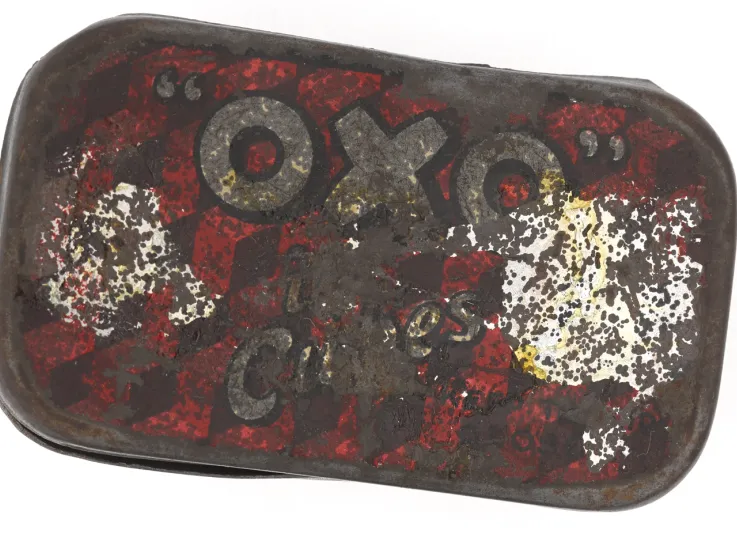Growing up in wartime
For some children, war can seem exciting. Thrilling stories of heroism fed the imaginations of boys and girls who grew up reading adventure comics in the years that followed the Second World War. However, the reality of growing up in wartime was very different.
In Britain, the war created a sombre mood of toil, privation, fear and suffering. Like the adults, children had to put up with many shortages. Food, clothes and even sweets were rationed.
Plenty of young people had to bear long periods of separation from fathers who were away on military service. And with more mothers going out to work, the war placed a great strain on family life. Coping with the loss or injury of a family member or friend was also a common experience.
Many children were evacuated abroad or to the countryside to keep them safe from enemy bombing. While this was an adventure for some, for others it was very distressing.
Children who were not evacuated, or who returned to their homes in the cities too soon, had to endure the nightly terror of the Blitz of 1940-41, and later attacks from flying bombs (‘doodlebugs’) and rockets.
Father and son
Born in July 1939, on the eve of the Second World War, Antony Mallaby spent his early childhood in Camberley, Surrey. He was only six years old by the time the conflict ended and, being so young, was only dimly aware of what the war was all about.
However, many of the sights and sounds - searchlights, air raid warnings and doodlebugs - were vividly impressed on his mind.
Antony's father, Brigadier Aubertin Mallaby, worked long hours as Deputy Director of Military Operations at the War Office in London. In 1943, he was posted to the Far East and appointed Director of Military Operations at Army Headquarters in India. The following year, he was given command of the 49th Indian Brigade.
As well as missing his father, Antony was sensitive to the news of other friends and relatives who had suffered losses. But these feelings were tempered by the excitement created when family members came to stay owing to wartime circumstances.
On 30 October 1945, Aubertin was killed in action in the Dutch East Indies (now Indonesia), following a clash with Indonesian nationalists in the city of Surabaya.
Dressing gowns
These dressing gowns, decorated with military badges, belonged to Antony. They helped him gain an awareness of the war.
His father collected many of the badges and others came from family friends and relatives. They were a great comfort to Antony, especially after his father's death. It was his mother’s idea to sew them onto the dressing gowns.
Of particular importance to Antony were the badges relating to his father’s service in the Far East, such as the red fighting cock of the 23rd Indian Division and the red shield and white sword of the Fourteenth Army.
His friends at school were impressed and began collecting badges themselves, starting the kind of craze that many schoolchildren today will be familiar with.
The badges helped inspire Antony to follow in his father’s footsteps. He joined the Army in 1957 and went on to serve in Aden and Northern Ireland.










